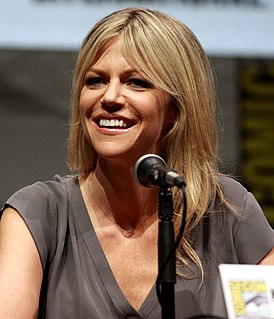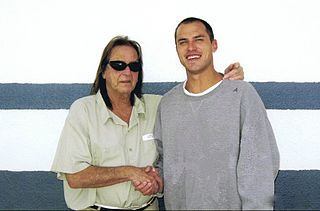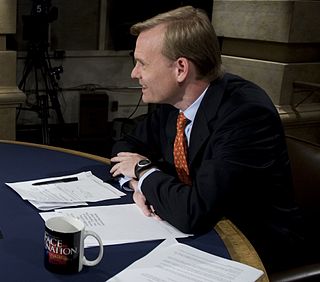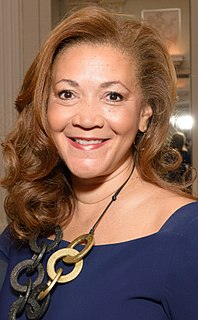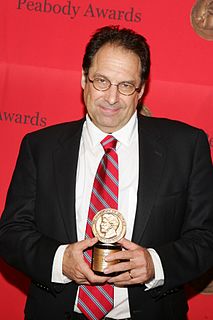A Quote by Jim Gaffigan
It really never came up, but I think that in present-day America, they're - you know, and I touched on it in the initial clip - is that we are in the middle of this culture war.
Related Quotes
World War II vets in general didn't talk about their experiences. They believed there was something better and that they were going to prove to America what they could be and show America what it could be by being the change that they wanted. Like that Ghandi phrase "be the change that you want to see" but I think that it was also just a different culture. People didn't want to complain, whereas today if you go to the Starbucks and they mess up your order you might tweet about it. You know it's a different kind of culture.
I really feel concerned about young people within our present culture. Our present culture, we have to change. Change is inevitable and I wasn't raised in our present culture but it has great pressure that as a young person I never had. Material pressure, social pressure, visual pressure, how you look, and I just try to appeal to young people to think for themselves, to be their own person, and to ask questions and also be very attentive to our planet and our environment.
If I hear a film clip, or I happen to see some image from a film - you go to a film festival, and they show some clip of the movies you've been in, most of the time I sit there and go, "Oh God, I should have... should have... that was terrible." But I think that's a natural part of this work, because really, your work is never over. Of course I can leave it alone and walk off the set and never think about it again when it's done. But your work is really ongoing all the time.
Historians differ on when the consumer culture came to dominate American culture. Some say it was in the twenties, when advertising became a major industry and the middle class bought radios to hear the ads and cars to get to the stores. ... But there is no question that the consumer culture had begun to crowd out all other cultural possibilities by the years following World War II.
Intellectually I touched God many times as truth and emotionally I touched God as love. I touched God as goodness. I touched God as kindness. It came to me that God is a creative force, a motivating power, an over-all intelligence, an ever-present, all pervading spirit - which binds everything in the universe together and gives life to everything. That brought God close. I could not be where God is not. You are within God. God is within you.
We who have touched war have a duty to bring the truth about war to those who have not had a direct experience of it. We are the light at the tip of the candle. It is really hot, but it has the power of shining and illuminating. If we practice mindfulness, we will know how to look deeply into the nature of war and, with our insight, wake people up so that together we can avoid repeating the same horrors again and again.
The idea of the western, I believe, as people conceive of it, is really an artifact of the Hays Production Code of the '20s and '30s, and it has really nothing to do with the West and much to do with the influence of middle-European Jews who had come out to Hollywood to present to America a sanitized heroic idea of what America was.

